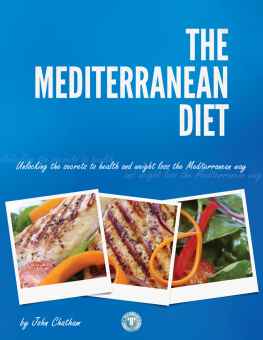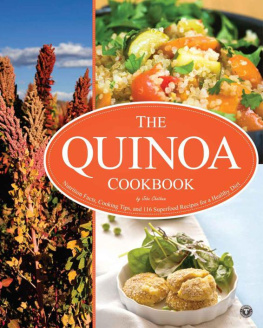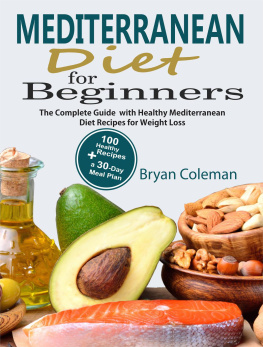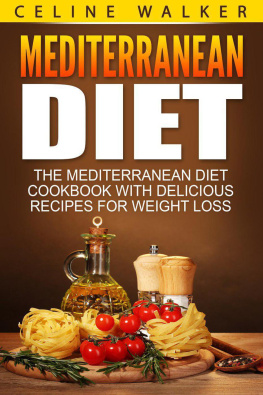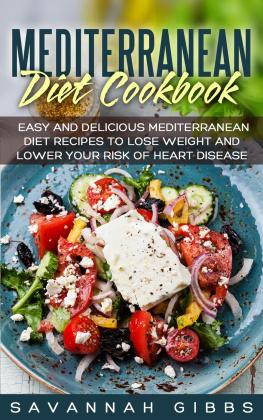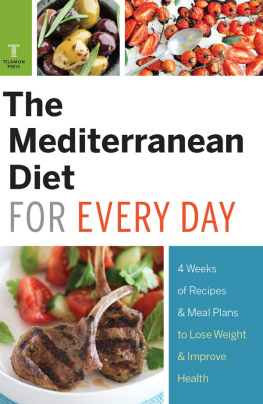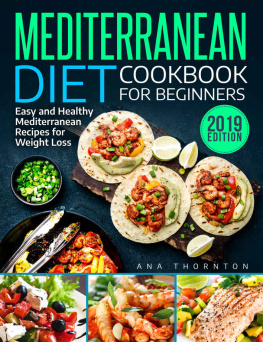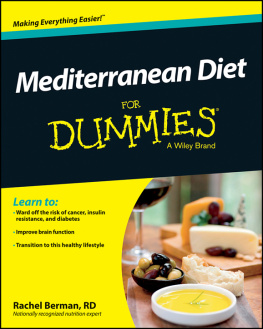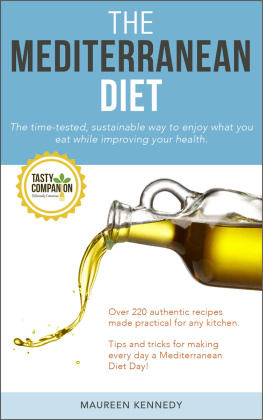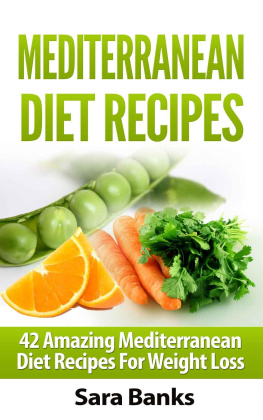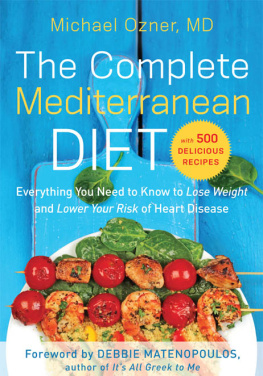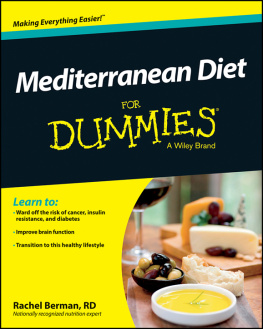Copyright 2012 by Rockridge University Press, Berkeley, California
No part of this publication may be reproduced, stored in a retrieval system or transmitted in any form or by any means, electronic, mechanical, photocopying, recording, scanning or otherwise, except as permitted under Sections 107 or 108 of the 1976 United States Copyright Act, without the prior written permission of the Publisher. Requests to the Publisher for permission should be addressed to the Permissions Department, Rockridge University Press, 918 Parker St, Suite A-12, Berkeley, CA 94710.
Limit of Liability/Disclaimer of Warranty: The publisher and the author make no representations or warranties with respect to the accuracy or completeness of the contents of this work and specifically disclaim all warranties, including without limitation warranties of fitness for a particular purpose. No warranty may be created or extended by sales or promotional materials. The advice and strategies contained herein may not be suitable for every situation. This work is sold with the understanding that the publisher is not engaged in rendering medical, legal, or other professional advice or services. If professional assistance is required, the services of a competent professional person should be sought. Neither the publisher nor the author shall be liable for damages arising herefrom. The fact that an individual, organization or Web site is referred to in this work as a citation and/or a potential source of further information does not mean that the author or the publisher endorses the information the individual, organization or Web site may provide or recommendations they/it may make. Further, readers should be aware that Internet Web sites listed in this work may have changed or disappeared between when this work was written and when it is read.
For general information on our other products and services or to obtain technical support, please contact our Customer Care Department within the U.S. at (866) 744-2665, or outside the U.S. at (510) 253-0500.
Rockridge University Press publishes its books in a variety of electronic and print formats. Some content that appears in print may not be available in electronic books, and vice versa.
TRADEMARKS: Rockridge University Press and the Rockridge University Press logo are trademarks or registered trademarks of Callisto Media Inc. and/or its affiliates, in the United States and other countries, and may not be used without written permission. All other trademarks are the property of their respective owners. Rockridge University Press is not associated with any product or vendor mentioned in this book.
ISBN: 978-1-62315-005-1
Contents
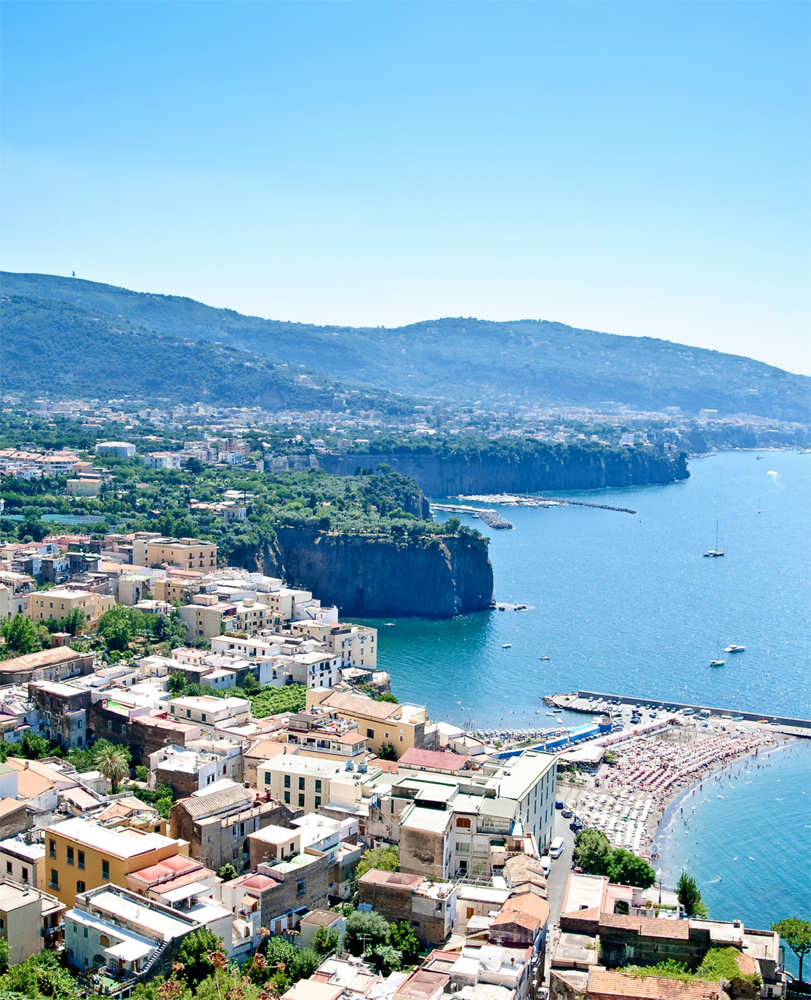
Chapter 1
What is The Mediterranean Diet?
In this chapter, well talk about:
- What the Mediterranean People Eat
- How the Mediterranean People Eat
- Why its Different
T hese days, there seems to be a new diet making headlines every time you pick up a magazine or turn on the television. Weight loss is big business. Obesity is at an all-time high and the health effects of being overweight much more clear. Diets that promise an easier, faster way to lose weight are more popular than ever and everyone is scrambling to create the newest best-seller. Ironically, the most respected and successful diets have been around for centuries and the people that eat them dont eat them to lose weight. The Mediterranean Diet is one of those diets.
The Mediterranean Diet is a way of eating that is common among the coastal areas of Greece, Italy and Spain. It hasnt changed much over the years, but its recently gotten a great deal of attention from the medical community, nutrition professionals, the media and dieters. It isnt new science and it isnt rocket science. It isnt about counting calories, measuring grams or combining foods in just the right way at just the right time. The Mediterranean Diet isnt just about what the Mediterranean people eat, but about how they eat.

What the Mediterranean People Eat
The Mediterranean diet focuses on:
- Fresh vegetables and fruits
- Whole grains
- Seafood and fish
- Beans and legumes and nuts
Dairy products dont figure very prominently in the diet and olive or canola oil is preferred over butter.
The Mediterranean people season their food with herbs (preferably fresh) far more than they do salt, so the Mediterranean diet is very low in sodium.
Red meat, pork and even poultry are far more uncommon in the daily diet than Americans are used to. Red meat is featured as an entre perhaps three or four times per month. Vegetarian and seafood-based dishes are much more common, with poultry coming in at a distant third.
Grains are often eaten in the form of legumes and beans, but the Mediterranean people also enjoy their bread. However, they choose dense, whole-grain breads and artisanal loaves with wonderful texture and flavor.
This daily diet is rich in vitamins, healthy fats, good fiber and antioxidants. Its also loaded with variety and flavor. However, the way the Mediterranean people eat is probably almost as important as what theyre eating.
How the Mediterranean People Eat
The Mediterranean people love food.
They love and celebrate each ingredient for its flavor, texture and healthful goodness. Dishes are prepared simply and with a few carefully chosen ingredients, so that each one can be enjoyed for what it brings to the dish.
They Eat Locally
They focus on freshness. As in many European cultures, the Mediterranean diet is based on whats available locally, in season and freshly picked. Most people, even city-dwellers, have a pot of tomatoes on the terrace or a kitchen sill lined with tiny clay pots of herbs. Produce that isnt grown at home is purchased from people who do grow it at home, at the local farmers market.
This focus on freshness extends to fish and seafood as well. Because the Mediterranean diet is based on the diet of a coastal people, seafood is a mainstay. Fresh fish, mollusks and shellfish are everywhere and the fresher the better.
They Eat Seasonally
Because of this love for the freshest of ingredients, the Mediterranean people eat seasonally. Tomatoes and melons are cause for a summer celebration. Asparagus and baby lettuces signal the beginning of spring. Pumpkin and winter squash are for cozy autumn evenings. Because so much of their food is bought from local growers and purveyors, the people of the Mediterranean eat seasonally by default. Every food is loved and savored in its proper time.
They Eat Purposefully and Joyfully
The Mediterranean people, like the French and inland Italians, are very purposeful eaters. They eat to celebrate and they eat to celebrate food itself. They love to socialize and talk during a meal, but they seldom read, watch television or work while they eat. When they eat, they do so consciously. They actually smell and taste their food.
Why the Mediterranean Diet is So Different from Ours
In America, we rarely eat to enjoy our food. We eat because were hungry, because were bored or because its time to eat.
We Dont Think About It
We dont eat very consciously. We eat while standing up, while driving, while cleaning up the dinner dishes and while watching TV. Eating is more of a habit or subconscious thing than a celebration of things that taste good. Its just as well, because we often eat things that dont.
Next page
